Lahore: Muhammad Akram goes from church vandalism to interfaith dialogue
The young Muslim was one of 2,000 people who attacked a Christian village in 2005, incited by radicals on false blasphemy charges. An interfaith youth group was set up in 2010. Pakistanis “desperately need role models.”
Lahore (AsiaNews) – Muhammad Akram was a teen when he attacked the Catholic Church in his home town. Now he promotes interfaith dialogue, starting with young people.
The university student was only 15 when he vandalised the Holy Spirit Church in Sangla Hill in Punjab, as a member of an angry mob of Muslims who wanted to punish the alleged desecration of the Qurʾān by a Christian.
"Now I apologise to everyone,” he told AsiaNews. “I did it only because my friends and acquaintances were damaging the property (church)."
Akram spoke yesterday in Lahore at the annual dinner of the Youth Development Foundation (YDF), an organisation set up in 2010 in which he is a member. As one of 1,600 young people who trained with the foundation last year, he wants to effect change in Pakistani society with young people from every religious background.
The student took part in the action that devastated Holy Spirit Church in the Christian village of Sangla Hill.
On 12 November 2005, about 2,000 people looted and set fire to Christian properties in the village. The latter included three churches, a convent, two Catholic schools, the homes of a Protestant clergyman and a parish priest, a girls' hostel, a dispensary run by nuns and some private homes.
The attack was motivated by the false rumour that Yousaf Masih, a local Christian, had burnt pages of the Qurʾān, an act that is punishable by death in Pakistan in accordance with the country’s blasphemy law.
Akram mentioned the sad fate of the Christian man, a semi-illiterate farmworker who was cleared of all charges and yet forced to abandon the village for fear of retaliation. He died a few years later alone, hidden somewhere.
The Muslim student is repentant of his actions and is currently on a tour to raise public awareness about tolerance and social action. He slams proclamations in mosques, whose only purpose is to lead to confrontations.
In his view, some "people have turned religious antagonism into their stock-in-trade. There is great profit in it, and many supporters can be attracted in a short period of time."
Shahid Rehmat, founder and executive director of YDF, acknowledges their work faces many challenges.
"When we call people to meetings, many think at first that we want to convert them,” he explained.
“Christian students fear Muslim youth. Social media and TV channels are full of stories that show the widening gap between the communities. But."
“We do not discuss theology,” the YDF director said. However, once people “become friends, they discuss discriminatory laws without hesitation."
Many Muslim speakers, including politicians in power, appreciate the interfaith youth group.
"I seek forgiveness from young people because we have not been able to do much to put an end to intolerance in society,” said Chaudhry Muhammad Iqbal, a member of the Punjab Assembly.
“There are many differences between our sects. Our attitudes are opposite to those of the Prophet Muhammad. We desperately need role models.”
27/06/2008
01/08/2017 12:39





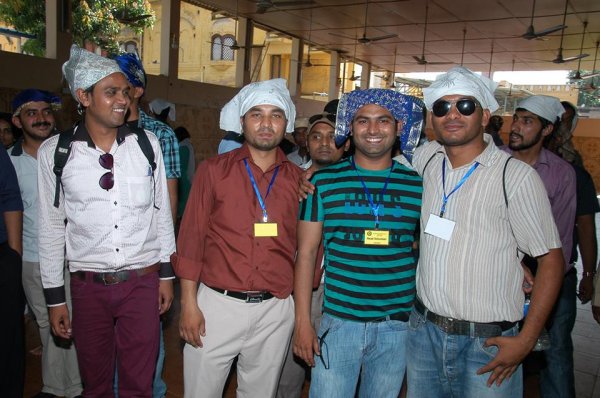
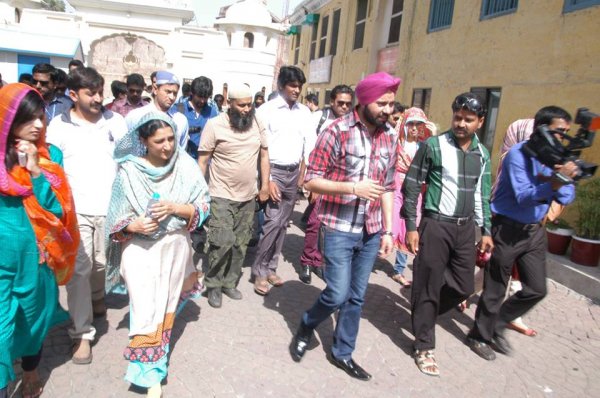
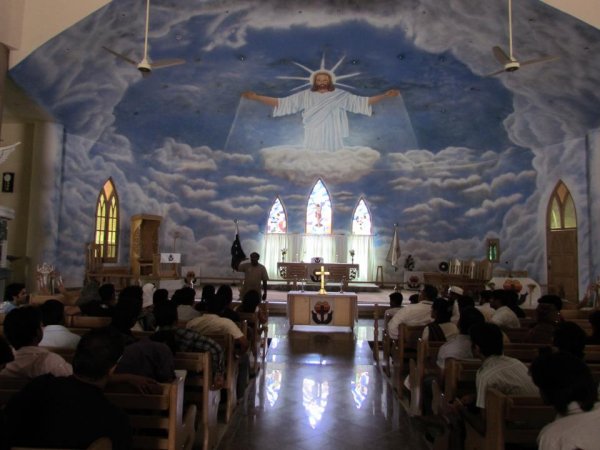
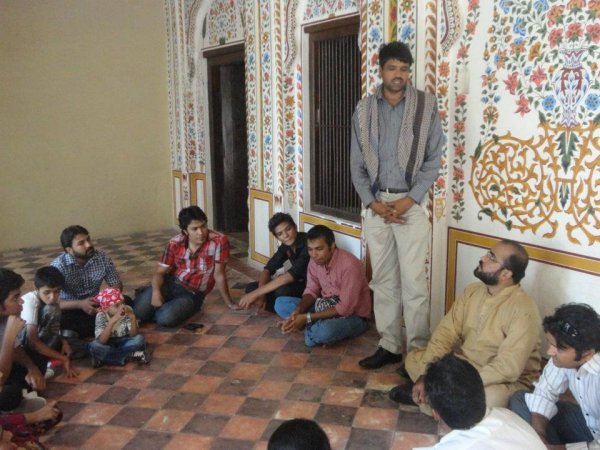
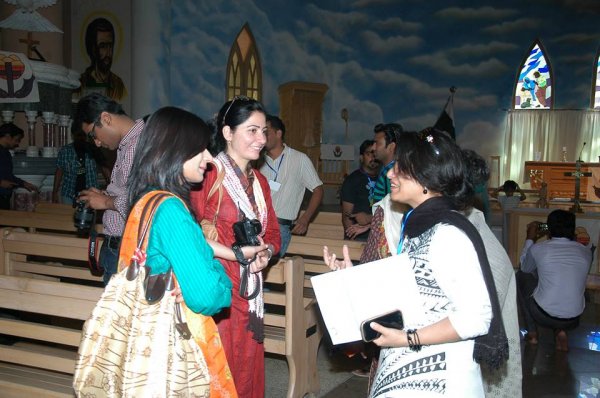
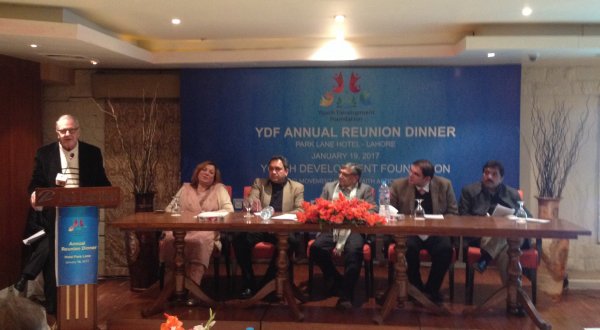

.png)










